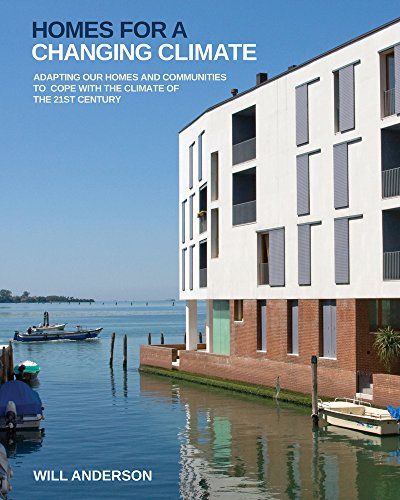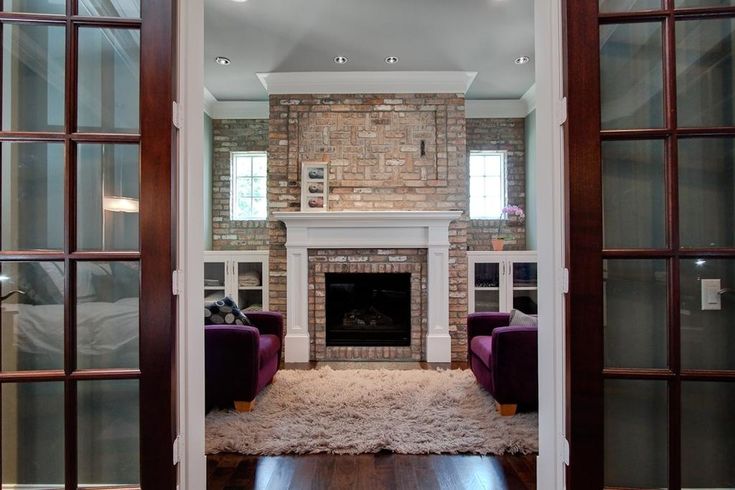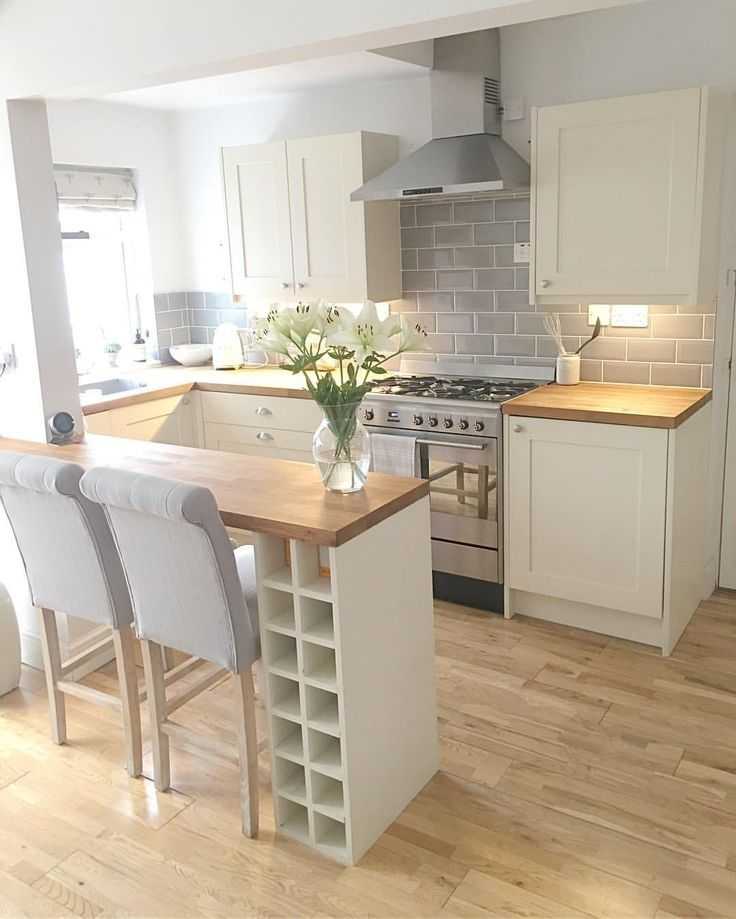Homes for change
Homes For Change » JOIN
Homes for Change has only 75 properties, if your housing situation is an emergency, you are advised to approach larger housing providers. You must be a member of the Homes for Change Co-operative before an application for housing can be considered.
First, you should attend a prospective members surgery, these are held before every general meeting at 6 pm, where you will receive further information about how to become a member. No need to book, just ring the bell marked ‘Yard Bell Only’ on the front door to be let into the building on the day at 6pm. The date of the upcoming general meeting can be found here:
https://www.homesforchange.co.uk/calendar/
To become a member of Homes for Change you must meet three conditions:
- Attend General Meetings. These are held every month and are attended by members of the Co-op. Attending General Meetings is a good way to learn about how the Co-Op operates.
You must ensure that your attendance at the meeting is recorded by signing an attendance sheet. You need to attend a minimum of two General Meetings before you can be voted into membership. Before every general meeting their is a prospective members surgery held at 6pm
- Once you have ‘prospective member’ status you should subscribe to the Homes for Change internal mailing list ‘Yell’ and subscribe to the monthly Homes for Change newsletter ‘Big Yeller’. Attend a ‘Homes for Change Induction’. These are scheduled every three months or so and are held at Homes for Change on Sunday afternoons. Each session lasts an hour and is an opportunity for you to find out about the Co-op and ask any questions you may have. Induction dates can be found on the calendar on the website. Here is the Eventbrite link https://www.eventbrite.co.uk/e/homes-for-change-induction-tickets-130182963749 Please book directly on the link!
- Join a Working Group and become a volunteer for the Co-op.
 Homes for Change is managed by volunteers who carry out the functions of ‘landlord’ through Working Groups. After this you will be expected to volunteer a minimum of 2 hours per month** to be considered ‘active’ on the waiting list for accommodation. The working groups vary from gardening to office / administerial duties.
Homes for Change is managed by volunteers who carry out the functions of ‘landlord’ through Working Groups. After this you will be expected to volunteer a minimum of 2 hours per month** to be considered ‘active’ on the waiting list for accommodation. The working groups vary from gardening to office / administerial duties.
**The minimum hours to be considered an ‘active’ volunteer are 6 hours in a 3-month period, broken down into whichever schedule is needed by the work group you are volunteering with. For example: that could be 2 hours per month or that could be 4 hours in one month and 1 hour per month for the next 2.
***Please note that it is unlikely that you will be considered for membership of the Co-op if you have a history of arrears, damage or anti-social behaviour***
Working Groups meet every month, usually on a weekday evening and prospective members are free to join whichever Working Group they want to. When choosing a Working Group to join, you may want to think about the following:
When choosing a Working Group to join, you may want to think about the following:
- Do you want to join a Working Group where you can use skills you already have, or develop new ones?
- Does the Working Group need new members? Will it have enough work that can be allocated to you that will allow you to be considered an ‘active’ member?
- Are you able to attend their meetings?
Contact the Working Group Co-Ordinator to find out when their meetings are, or check the calendar on the website: https://www.homesforchange.co.uk/calendar/
If there’s anything about the process of becoming a member that is unclear, or if you have any problems fulfilling the conditions of membership, representatives of the Membership Group can help! You can contact us by e-mailing [email protected]
Being Voted in as a Member
Once you have met the three conditions of membership, ask your working group co-ordinator to put your name forward to the membership group or you can ask membership yourself.
*This must happen no later than six months after your first attendance at a General Meeting*
The membership group will carry out checks to ensure that you meet the requirements, this includes:
- checking attendance records of General Meetings and Inductions
- verifying your volunteering activity with your working group co-ordinator
Once Membership Group are satisfied that the conditions have been met, they will put forward a request to the General Meeting that you be considered for membership of the Co-op. For General Meeting to make this decision, your name must be included within the published agenda which is distributed at least two weeks before the meeting takes place.
*You must attend the meeting where your membership will be considered, or the vote taken*
Once voted as a member of HfC you will be given a members’ pack containing among other things, a share certificate (cost £1) and an application form for housing. Complete the application form and return it to Membership Group, either by post or by hand.
Becoming a tenant of HfC
Once your application has been received:
- Two members of Membership Group will carry out a home visit to verify your circumstances. This will be at a time that is convenient for you.
- At the next meeting of the Membership Group, your completed application form and the report from the home visit will be considered and points awarded according to your housing need.
- You will be placed on one or more of the waiting lists; there is a waiting list for each property size (one-bed, two-bed etc). If waiting lists are full, you are placed on a ‘pending’ list
- We will inform you in writing of your points total and your position on the relevant waiting list. If references, relevant medical or other evidence is required we will write to you and let you know.
Although the above process may take several months, we will back-date the waiting list to when you were voted in as a member of the Co-op.
Once you are on the waiting list, you must continue to actively volunteer for a working group, and you must continue to attend at least two monthly general meetings in each 6-month period. You must keep Membership Group informed of any and all changes to your circumstances that may affect your points. For change of address fill out a new application form.
You must keep Membership Group informed of any and all changes to your circumstances that may affect your points. For change of address fill out a new application form.
Every six months on the waiting list your application is reviewed and, subject to continued participation in the work of the coop, 75 additional points will be awarded – these additional points are available for every subsequent 6 months. When you reach the top of the waiting list – and a suitable property is available – you are invited to view the property. Please note that we are only able to offer tenancies to active members of the Co-op, or members who have been given a ‘leave of absence’ from volunteering duties.
Join ‘YELL’ – the Homes for Change email list and receive the monthly newsletter, follow the link below and enter your email address:
http://homesforchange.co.uk/mailman/listinfo/yell_homesforchange.co.uk
For general queries please email:
For a copy of the current Home for Change rules follow the link below:
https://www.homesforchange.co.uk/tenantinformation/
Homes For Change » ABOUT
Homes for Change Housing Cooperative Ltd. and Work for Change Ltd. have developed one of the flagship schemes of the redevelopment of Hulme, a district which until a few years ago was one of the largest deck access estates in Europe.
Homes for Change has worked on the basis of seeing the local community as a strength rather than a problem. It has sought to embrace rather than suppress the alternative lifestyles and open tolerant community that have characterised Hulme at its best. It demonstrates how much can be achieved by community control and is probably the most significant community initiated development in Manchester for many years. The relevance of the Homes for Change model is not so much the architecture of the buildings, striking as this is, but the process by which it was created. It illustrates that when local people are given a full and informed choice over their environment, the result need not be the blandness which has characterised so much ‘community architecture’.
It illustrates that when local people are given a full and informed choice over their environment, the result need not be the blandness which has characterised so much ‘community architecture’.
Homes and Work for Change emerged from Hulme in 1987 as the Warehouse Project, a co-operative set up to claim one of the threatened city centre buildings as a mixed use development of residential and business units. The 1988 Housing Act, subsequent moving goalposts and the escalating costs of refurbishment rendered a scheme to convert the city’s first police station unviable. The co-operative relocated its activities back to Hulme, bruised after 4 years work, but with a huge amount of experience, an unused allocation of grant funding and, crucially registration with the Housing Corporation (the UK Government’s social housing agency), something which few groups have achieved since 1988. When it was announced that Hulme was to be redeveloped through the government sponsored City Challenge programme, Homes for Change was able to turn its attention to its home territory as an established co-operative and recognised Registered Social Landlord. Whilst the Hulme built in the 1960’s may have failed, it nevertheless nurtured a strong if unconventional community. Because of its proximity to the universities in Manchester Hulme was an area of contrasts, 35% of the population had no qualifications at all whilst 25% had degrees or diplomas.
Whilst the Hulme built in the 1960’s may have failed, it nevertheless nurtured a strong if unconventional community. Because of its proximity to the universities in Manchester Hulme was an area of contrasts, 35% of the population had no qualifications at all whilst 25% had degrees or diplomas.
A stable community born and raised in the area lived alongside another population who would not have found housing elsewhere many of whom made the area their home. Its reputation for a strong, tolerant and open community attracted many different groups of people from a Jesuit group to an expressive gay community. Hulme tenants were drawn from virtually all of the ethnic groups in Europe both indigenous and immigrant. It is important to balance the PR, for many in this community quite liked elements of the old Hulme, the proximity to the city centre, the size of the flats – big enough to set up small businesses, the tolerance of local people and the close networks of neighbours which developed on many of the walkways. With the launch of the Government funded redevelopment of Hulme through a scheme called City Challenge, Homes for Change was conceived as a lifeboat to preserve a small part of the local community, not catered for elsewhere in the re-development. The co-op sought not to reject the past but to build upon it by rescuing the best points of the old estate.
With the launch of the Government funded redevelopment of Hulme through a scheme called City Challenge, Homes for Change was conceived as a lifeboat to preserve a small part of the local community, not catered for elsewhere in the re-development. The co-op sought not to reject the past but to build upon it by rescuing the best points of the old estate.
At the same time they used their very practical experience of its failings to ensure that these were not repeated in the new development. In doing this the co-operative has created a potential model for the regeneration of British cities and an alternative to the creeping suburbia which is colonising not only the countryside but also the very heart of our urban areas. Homes for Change was accepted as one of the social housing developers in Hulme and following lengthy negotiations was allocated funding for 75 flats and a site in the heart of the area.
However the Housing Corporation had already decided that all new housing in Hulme was to be developed by 2 of the country’s largest housing associations, North British Housing Association and the Guinness Trust. So the Guinness Trust was selected as the groups development partner. Under the terms of the partnership agreement Guinness was to undertake the development for the co-op whilst co-op members were given the right to be involved in decisions and to take on ownership on completion if they could raise the necessary finance. This arrangement has led to inevitable tensions especially as phase 1 was dogged by contractual problems. However to Guinness’s credit, the fact that the building is radically different to anything that a mainstream housing association would have developed is testament to their commitment to see it through.
So the Guinness Trust was selected as the groups development partner. Under the terms of the partnership agreement Guinness was to undertake the development for the co-op whilst co-op members were given the right to be involved in decisions and to take on ownership on completion if they could raise the necessary finance. This arrangement has led to inevitable tensions especially as phase 1 was dogged by contractual problems. However to Guinness’s credit, the fact that the building is radically different to anything that a mainstream housing association would have developed is testament to their commitment to see it through.
Wind of change: will our homes be different?
Communication with the company
Client Center 8 (800) 333-80-12 [email protected]
Volkhovets contract corp@volhovez. natm.ru
natm.ru
Volkhovets design [email protected]
Registering a designer
Volkhovets staff [email protected]
Service Center [email protected]
Back call
Customer support
Order a measurement
Dialogue chats
Communication with the company
Dialogue chats
Online chat
Telegram
Login or register to continue
Change phone number
An incoming call was directed to your number.
You can call again via seconds.
I accept the terms processing my personal data
Receive an incoming call home Connection Chat CabinetPlanum Ciplex natural veneer neoclassical neoclassical interior storage systems
1. More functional areas. More functional areas. If earlier a mini-office was equipped only by those who really work at home, now almost everyone needs it. A secluded reading nook, a "ennobled" balcony - all these areas provided ways to change the situation. Most likely, the trend for functional zoning will gain momentum. 2. Sport at home is real. Those who had an exercise bike gathering dust on the loggia for years suddenly found themselves in the most advantageous position. The rest of the sports fans have been looking for - and most likely will continue to do so - ways to equip a yoga area in the living room and fit sports equipment into the interior. 3. Home entertainment - yes. In the past, many of us came home only to sleep and have breakfast - both working hours and leisure time passed outside our native walls. Recent months have shown that you can also have fun at home, especially if you order a projector with a screen and pay more attention to bookshelves: reorganize the library in a new way and prioritize books over vacation decor. 4. Storage systems. The forced vacation became an occasion to conduct an audit at home and think about organizing storage. Dressing rooms, mezzanines, utility rooms - it is obvious that even more attention will be paid to the planning of these spaces. 5. Focus on calm, natural interiors. A bright palette is fashionable, but for many it turned out to be uncomfortable to constantly surround yourself with active shades. Most likely, we are waiting for a new wave of popularity of calm shades and discreet neoclassicism. If you decide to decorate the interior in this way, take a closer look at the Planum collection in wood veneer or its artificial counterpart - laminate: modest, laconic canvases will organically fit into a bright interior. The Planum collection in our catalog. |
Author of the article: Volkhovets
Planum Ciplex natural veneer neoclassical neoclassical interior storage systems
House of big changes | News
Subscribe to news
Information portal "Business and Society" invites you to subscribe to the newsletter by e-mail
Name
Surname
Company name
Position
* Required fields
By clicking on the "Subscribe to news" button, you give your consent to the autonomous non-profit organization "Center for the Development of Philanthropy ''Complicity''" (127055, Moscow, Novoslobodskaya st. , 62, building 19) for the processing (collection, storage), including automated, of their personal data in accordance with the Federal Law of July 27, 2006 No. 152-FZ "On Personal Data". The personal data I have provided is provided for full access. to the functionality of the site https://www.b-soc.ru and the implementation of activities in accordance with the Charter of the Center for the Development of Philanthropy "Complicity", as well as for the purpose of informing about events, programs and projects developed and implemented by a non-profit non-governmental association "Business and Society" and the Center for the Development of Philanthropy "Complicity". Personal data is collected, processed and stored until liquidation Autonomous Non-Commercial Organization of the Center for the Development of Philanthropy "Complicity" or until the User has received an application to revoke the Consent to the processing of personal data. The user's application for withdrawal of consent to the processing of personal data is sent in writing to the address: info@b-soc.
, 62, building 19) for the processing (collection, storage), including automated, of their personal data in accordance with the Federal Law of July 27, 2006 No. 152-FZ "On Personal Data". The personal data I have provided is provided for full access. to the functionality of the site https://www.b-soc.ru and the implementation of activities in accordance with the Charter of the Center for the Development of Philanthropy "Complicity", as well as for the purpose of informing about events, programs and projects developed and implemented by a non-profit non-governmental association "Business and Society" and the Center for the Development of Philanthropy "Complicity". Personal data is collected, processed and stored until liquidation Autonomous Non-Commercial Organization of the Center for the Development of Philanthropy "Complicity" or until the User has received an application to revoke the Consent to the processing of personal data. The user's application for withdrawal of consent to the processing of personal data is sent in writing to the address: info@b-soc. ru. I am familiar with the personal data processing policy.
ru. I am familiar with the personal data processing policy.
Home / Big change News / House of big changes
06/05/2020
105
Read: 1 min.
Nearly 50 countries around the world celebrate June 1 as International Children's Day. All 365 days a year, children need the protection, love and support of adults. And it was on this day that we decided to launch a new fundraising project on the Planet crowdfunding platform.
We are collecting for the “House of Big Changes” — for improvement safe, modern and cozy educational space for children. We began to equip ourselves in the fall, immediately after the move, but in the spring they stopped work due to the pandemic and lack of funds. And now is the time to start preparing for the meeting in the new academic year , which we are all very, very looking forward to. Well, after all, we will meet someday 🙂
The amount of the fee is not small, but we included only the necessary expenses in the estimate.
 uk
uk










